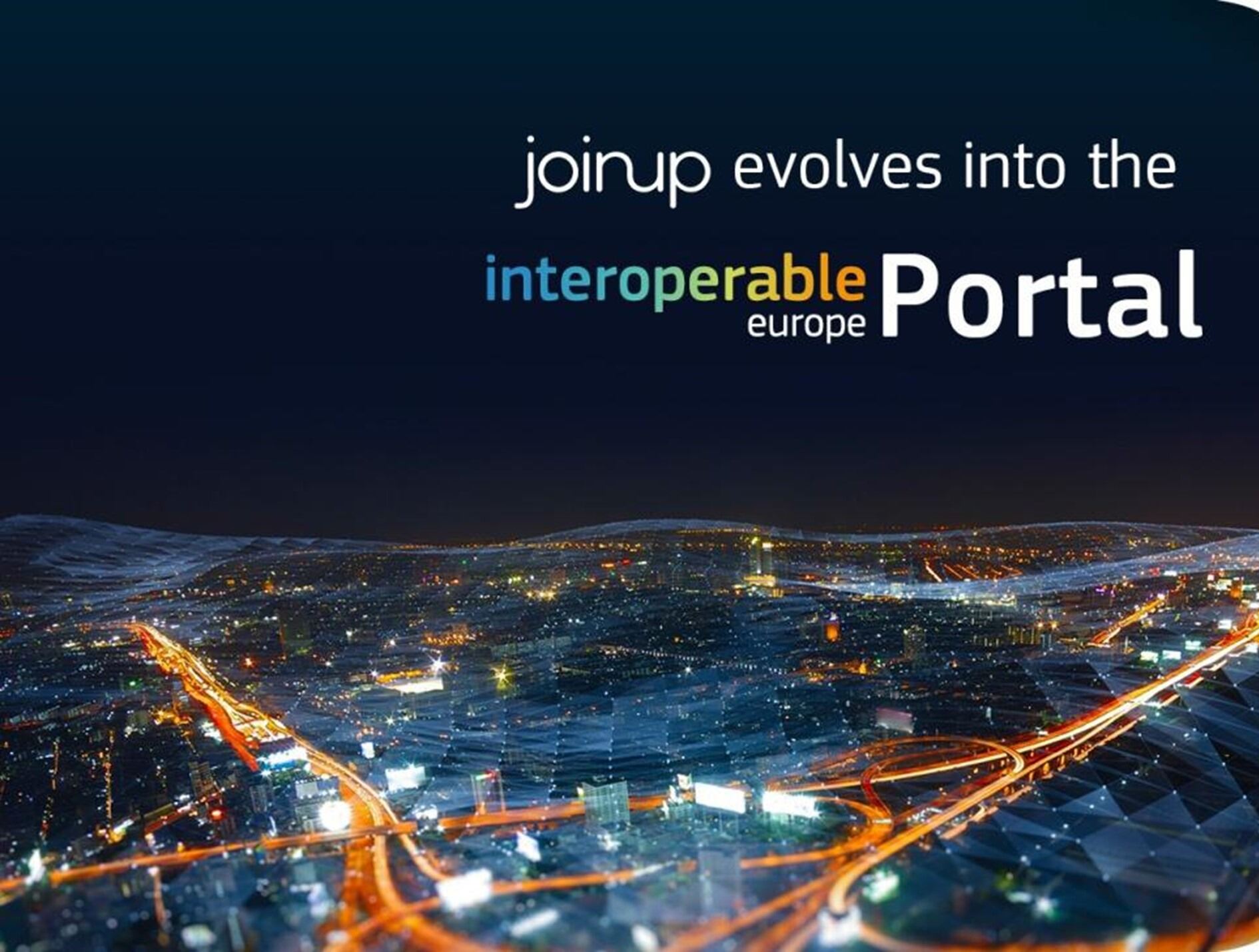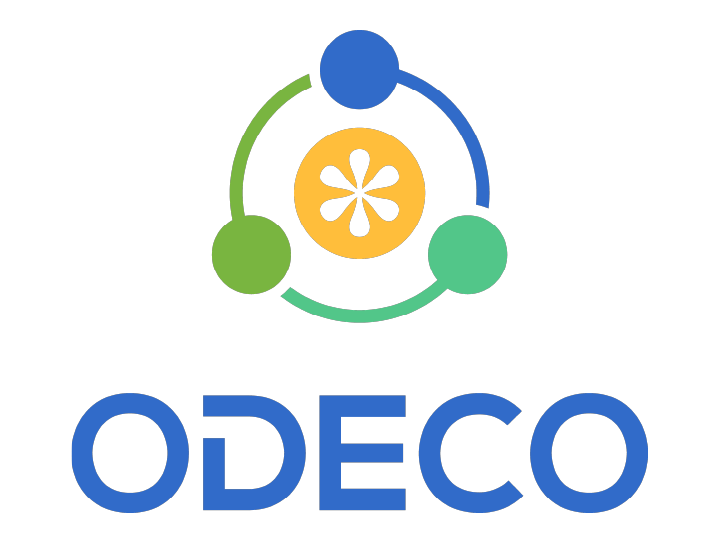591 resultater fundet
Skip results of view Nyheder

We are happy to announce that, for the tenth time, the annual report measuring the level of open data maturity (ODM) across Europe has been published . This year, the EU-27 countries accomplished a maturity score of 83%! Back in 2015, when the first assessment was conducted, the EU average was just 46%, so this shows great improvement. Seventeen of the participating countries increased their year-on-year maturity score from 2023 to 2024, marking great progress. We can proudly state that we moved from 30 participating countries in 2015 to a total of 34 countries in 2024, covering more of open

As of November 2024, The European Commission’s Joinup platform has transformed into the Interoperable Europe Portal . This change is aligned with the Interoperable Europe Act , which entered into force in April 2024, and promotes collaboration between public administrations, businesses, and citizens to create a more interconnected digital Europe. The portal aims to become the Union’s single point of entry that streamlines access to essential tools and resources for advancing digital public services across the EU. The Interoperable Europe Portal will continue to serve as a cornerstone for open

The ‘ Data in Publications guide ’ on data.europa.eu is an invaluable tool for authors, editors, and publishers looking to incorpoate open data into reports, research, and publications. This guide offers step-by-step instructions, practical tips, and resources to make data-driven storytelling accessible and effective. It serves as a resource for improving how data is visualised and communicated. Start by exploring the modules that cover topics like structuring your data, creating compelling visualisations, and ensuring clarity and accessibility before publishing. Each module includes real

Registration for EU Open Data Days 2025 is now open! We are excited to invite you to join the event in person on 19-20 March 2025 in Luxembourg. The event promotes the harnessing of open data’s power. Over two engaging days, learn from experts in the field through success stories and best practices and be at the forefront of open data. Take this unique opportunity to engage and network with the open data community and innovators in the field of open data. For those unable to join us, live webstreaming will also be available. Whether you are a public policymaker, part of the private sector, a

The ODECO project , funded by the Horizon 2020 Marie Skłodowska-Curie Innovative Training Network , is a 4-year initiative aimed at transforming the open data landscape in Europe. Running from October 2021 to September 2025, ODECO focuses on creating a user-driven, circular, and inclusive open data ecosystem. This project brings together 9 leading international universities, research centres, and sixteen partners from industry and the public sector, all working collaboratively to address the challenges of open data fragmentation and reusability. At the heart of ODECO are fifteen Early-Stage

Today we mark the 15th anniversary of the Lisbon Treaty , where we reflect on its transformative impact on the European Union's governance and structure. Signed on December 13, 2007 , and effective from December 1, 2009, the Lisbon Treaty aimed to enhance the EU's efficiency and democratic legitimacy. Key changes included the establishment of a long-term President of the European Council and the High Representative of the Union for Foreign Affairs and Security Policy, strengthening the EU's external representation . A notable achievement of the treaty was the extension of the co-decision

A data space is a secure ecosystem where data can be shared, accessed, and utilised among a network of trusted partners. Unlike traditional data storage, a data space enables controlled data exchange between organisations while ensuring data sovereignty and privacy. In line with this, the European Union has launched initiatives for Common European Data Spaces across various fields, including healthcare, energy, finance, and agriculture. These data spaces are designed to empower sectors to share and exchange data across EU borders, creating a vibrant data economy that benefits businesses

The Digital Future of Justice 2.0 Hackathon , held from 15 to 17 November 2024 at the University of Bologna , brought together bright minds from across Europe to explore the synergy between technology and justice. Organised by the Council of Europe in collaboration with the Institute of Legal Informatics and Judicial Systems , this event aimed to harness technology for better human rights protection and to raise awareness among legal professionals. 26 participants, including students and researchers from all around Europe, engaged in a competition to develop innovative solutions that address

Our latest report, ‘ The Symbiosis between Data Protection and Open Data’ , is now available on data.europa.eu . This comprehensive study explores the complicated balance between upholding EU data protection laws and promoting open data policies, providing valuable insights for public sector servants and data reusers alike. In today's digital age, the protection of personal data is paramount. Our report explores how the General Data Protection Regulation (GDPR) intersects with open data initiatives, ensuring that personal data is handled with the most care while supporting innovative ideas and
Mark your calendars for a new webinar ‘ Smart Cities and digital twin technology: the case of Rotterdam’ hosted by data.europa academy on Friday, 6 December 2024, from 10:00 to 11:00 CET. This session aims to introduce participants to the innovative world of smart city strategies and digital twin technology, featuring a practical example from the city of Rotterdam. The European Union sees open data as a cornerstone for building smart cities that are transparent, participatory, and data driven. Digital twin technology, which relies on open data, acts as a virtual mirror of a city, integrating
